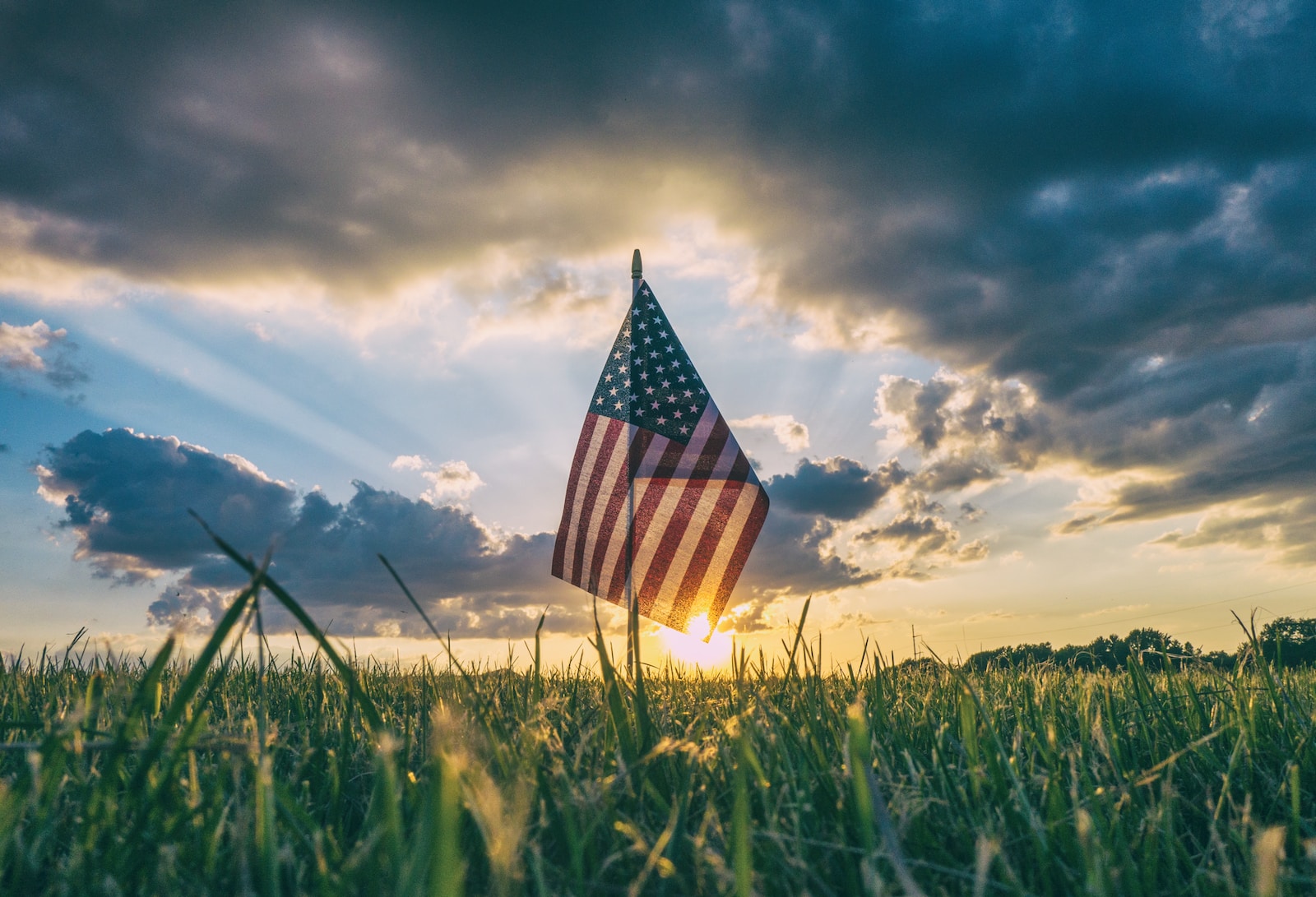
Marijuana supports veterans
When the American Revolution broke out in 1775, the colonists did not fight under a single flag. Most of the regiments involved in the Revolutionary War fought under their own flag. In June 1775, the Second Continental Congress convened in Philadelphia to create the Continental Army, a unified force with hopes of a more organized war against the British. This led to the creation of what was essentially the first “American” flag, the continental colors.
According to VA, sources differ on the first Flag Day celebrations, with Hartford, Connecticut giving the earliest date as 1861. National recognition of flag day came later, when President Woodrow Wilson issued the first presidential proclamation establishing a national flag day in 1916. The holiday was not put into effect until 1949, when Congress passed legislation declaring June 14 of each year to be Flag Day.
One cannot look at Flag Day without thanking the entire military since the revolution, including Vietnam, Iraq and other battles/wars. Acceptance of medical marijuana has been a benefit to our soldiers and has helped them heal the scars of battle.
RELATED: Science says medical marijuana improves quality of life
Marijuana assists the military in at least two ways: PTSD and pain management. At some point, 7 out of 100 veterans (or 7%) will experience PTSD. Currently, Veteran Administration (VA) physicians cannot offer or recommend medical marijuana to veterans because the federal status for cannabis remains a Schedule 1 substance, making the drug illegal in the eyes of the federal government. For this reason, veterans should never bring marijuana of any type into a VA facility, even if provided through a state-approved medical marijuana program.
However, according to the Department of Veterans Affairs, veterans who participate in a state-approved medical marijuana program are not denied VA benefits. VA providers can discuss cannabis use with experienced patients and adjust care and treatment plans as needed. Veterans are encouraged to discuss medical marijuana use with their VA providers as part of their confidential medical records.
The VA will not pay for medical marijuana prescriptions from any source, nor will VA providers complete the paperwork or forms required for a veteran to participate in a state-approved medical marijuana program.

A study provides further evidence for the theory that THC has a beneficial effect on post-traumatic stress disorder (PTSD). The study, published in the journal Neuropharmacology and conducted by Wayne State University researchers, found that combining a specific type of therapy and moderate amounts of THC was particularly beneficial for people with PTSD.
Being a soldier is hard work in some difficult environments. Your body will be strained and over time it can become painful. Cannabinoids have shown promise in basic pain experiments. Peripheral nerves that sense pain contain numerous receptors for cannabinoids, and cannabinoids appear to block peripheral nerve pain. Even more encouraging is that basic research suggests that opiates and cannabinoids suppress pain through different mechanisms. If this is the case, marijuana-based drugs could potentially be combined with opiates to enhance their pain-relieving effects while limiting their side effects.
RELATED: Dementia and Marijuana
Today and every day is an opportunity to thank veterans for what they do for the country.

Post a comment: